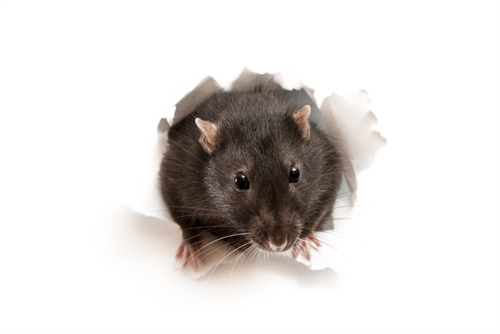When you insure your stored goods with Store and Insure, you can rest assured that you will be protected financially should your things get damaged in storage. But of course you’ll want to avoid such damage in the first place, as many stored things are irreplaceable or have sentimental value.
So what are common causes of damage to stored goods?
- damp, mould and mildew
- pests and moth
- rats, mice and squirrels
Stop damp, mould and mildew from ruining your stored domestic goods
Moulds and mildew degrade natural materials derived from plants or animals, such as leather, paper, and textiles. Mildew spots are unsightly and can make books and documents difficult to read.
Moulds produce dusty spores that cause disease or allergies, rendering mattresses and upholstered furniture useless. Mould may also have a musty odour. Mould and mildew also spread. Once an item becomes mouldy, it is likely to spread mould to other items.
Your first line of defence against mould is to ensure that everything you store is completely clean and dry. Check that clothes and linens have been aired, preferably in a sunny location. Food residue should be removed from kitchen appliances. Learn more about preventing mildew in stored goods with our blogpost.
If you discover mould on an item, consider discarding it rather than attempting to store it. If left untreated, mould will spread to your other possessions.
Keep moths out of your stored clothing
Clothes moths and their larvae are small and drab, and you often find out about them when you pull out a cashmere sweater at the start of winter and find it full of holes.
Only certain fabrics are susceptible to moth attack. The larvae, not the little brown moths, are responsible for the holes. They mainly eat silk, wool, fur, feathers and leather. Use sticky moth traps to see if there are any adults flying around. If there are any, you should take action to eliminate them.
We have a blogpost about eliminating moths from your stored goods.
Avoid rodent damage in your stored goods
You would have to be really unlucky to accidentally bring a rat or a squirrel into your storage unit among your domestic goods – but rodent infestations do happen at storage centres, as described in this BBC news story. Reputable storage companies will always take steps to keep pests under control, and you may see rodent traps around the site. It’s good practice to keep stored goods in sturdy lidded plastic crates rather than cardboard cartons.
How to protect your stored goods
The first thing we need to say is that your Store and Insure self-storage insurance will cover you if your goods get damaged by a leak or a flood in a storage unit, or a pest infestation that spreads from someone else’s unit. But if your stored goods were infested with moth or mould when you moved them into the storage unit, you won’t be covered by self-storage insurance. So check your possessions before storing and make sure you store only clean, dry goods.
Always thoroughly inspect your unit or locker before accepting it. If there is a musty odour or any sign of water leakage or pests, request a different room or go to a different storage provider.
Climate-controlled storage offers good protection against mould and pests. It may be slightly more expensive than storage that is not climate controlled, but when you are working out how much it is to rent a storage unit by getting quotes from different storage providers, weigh up the peace of mind you’ll get from storage that is climate controlled against any savings.
We also recommend checking your stored possessions every few months. That way you’ll quickly identify any problems and can take action before they get worse. This includes letting your storage company know, as they will have protocols for pests.



